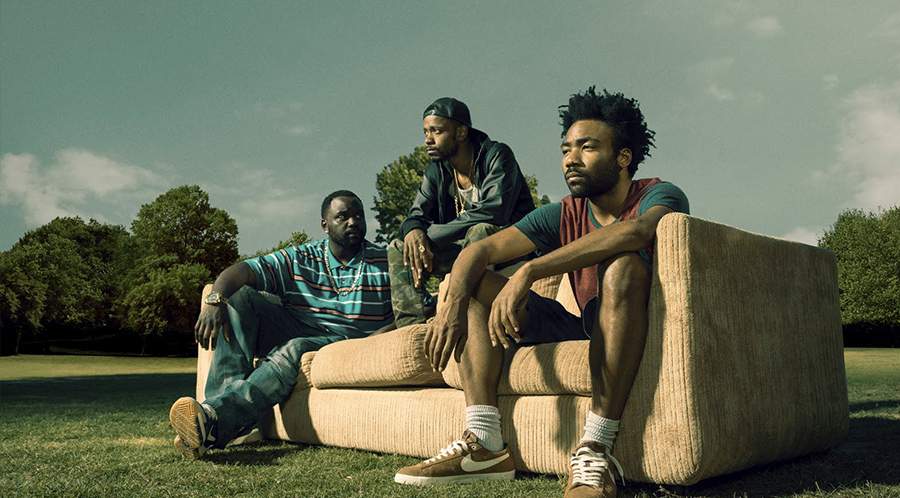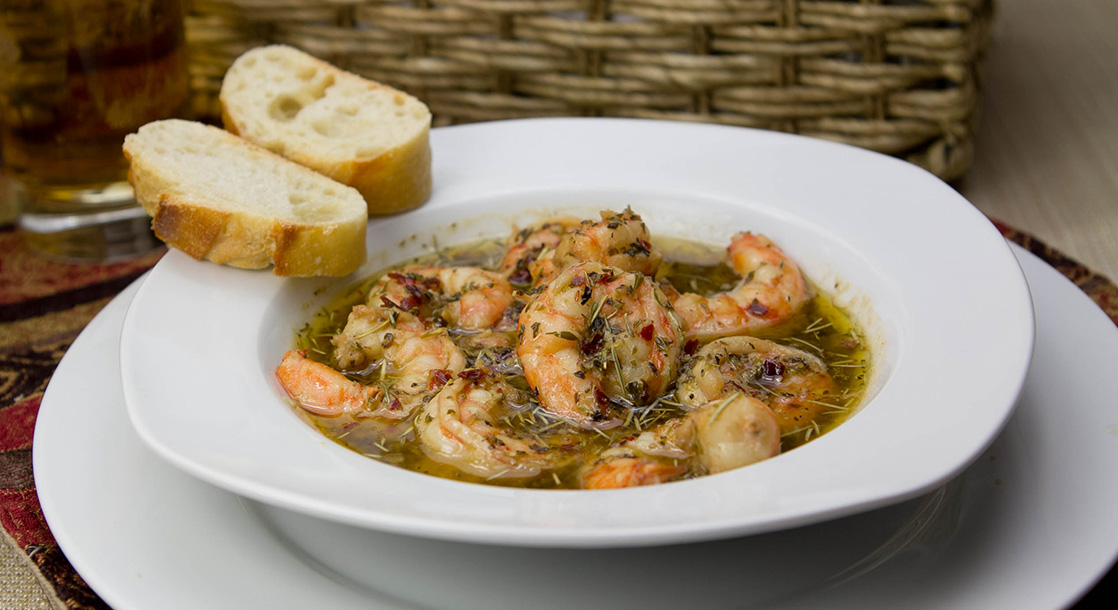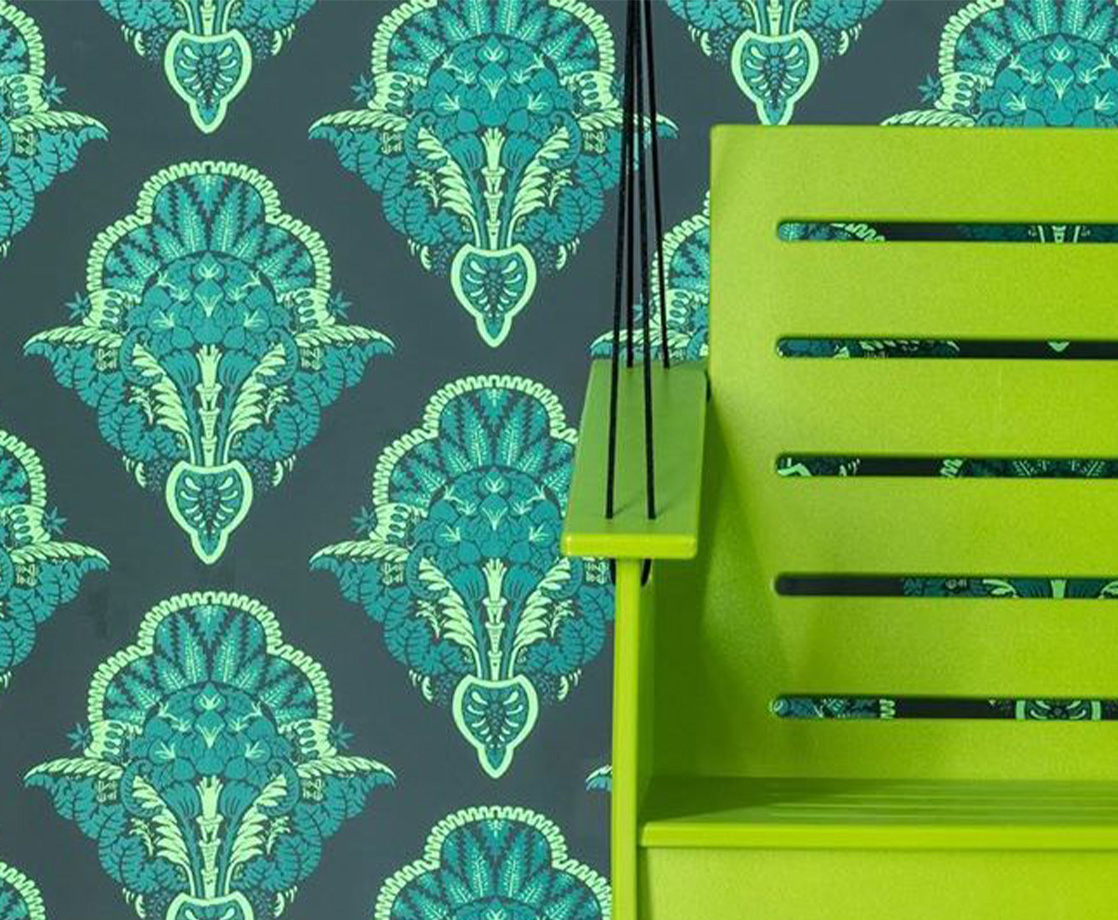Four episodes into Atlanta, there has been a lot of weed smoked, but does that make FX’s breakout hit a stoner comedy? Just because a character wears a cowboy hat doesn’t mean you’re in a Western, so let’s wade through the smoky haze and dig a little deeper.
Stoner comedies like Half-Baked and Friday have some distinct similarities to Atlanta. They tend to follow underachieving man-children on a wild quest though absurd comedic situations and psychedelic encounters as they try to find whatever it is they are looking for. By this description, Donald Glover’s Princeton dropout Earn questing to manage his cousin’s fledgling rap career fits the bill. But, in a few short episodes, Atlanta has already shown itself to be far deeper than your average stoner comedy with its unique style and grander cultural aspirations.
The distinct humor of stoner comedies comes from two places. There are absurd, almost dreamlike moments: Think of Neil Patrick Harris’ magical bro in Harold and Kumar Go to White Castle or Red and Meth smoking weed with Ben Franklin’s ghost in How High. These moments of absurdity are contrasted with long, analytical conversations about mundane topics (usually while smoking), perfected by Kevin Smith and Judd Apatow. In these movies, conversations about video games, movies, toys, and other pop culture detritus get at larger truths.
Atlanta uses both of these stoner comedy tools to its advantage. Early on in the season, Earn’s bus ride where he’s offered a sandwich by a man in a suit is as absurd as anything in How High, and the conversation between Alfred (Brian Tyree Henry) and Darius (Keith Stanfield) about naming their gun is as ridiculous and hilarious as anything in Clerks or Pineapple Express.
The plotting of Atlanta also feels of a piece with stoner comedies. The first character we meet besides Earn is Vanessa (Zazzie Beetz), the mother of Earn’s child and the person with the unenviable duty of nagging him into responsibility. Though Vanessa has far more dimension than the average stoner comedy girlfriend, like many nagging girlfriends before her, she is here to tell Peter Pan to grow up. We also get moments with Earn’s parents to set up the age-old conflict in stoner comedy—the family that wants our hero to grow up versus the friends who want our hero to smoke up.
Though Atlanta uses all of these stoner comedy tropes, this series goes further. The absurd fever dreams of stoner comedy are usually used just for laughs. In Atlanta they are symbols and metaphors for story. After the bus incident, Earn sees a dog that he later sees before the gas station shootout, and we something about the dog resonates with us, we see Earn in the stray dog’s eyes. In the hands of Donald Glover and company, these moments of absurdity play more like something out of David Lynch than Cheech and Chong.
The long conversations that feel apropos of nothing also carry a deeper weight. In episode three, the conversation about calling your gun “daddy” is hilarious, but also addresses issues of masculinity bubbling underneath a culture of sex and violence. The various conversations that pop up as Earn waits at the police station in episode two address various issues in the criminal justice system. Exchanges at a pawn shop in episode four meditate on the cycle of poverty. Rarely do stoner comedies come up with lines like, “Poor people don’t have time for investments because poor people are too busy trying not to be poor. I need to eat today, not in September.”
More than a stoner comedy, Atlanta actually has more in common with Louie or Curb Your Enthusiasm than Dude, Where’s My Car? or Friday. The series isn’t interested in merely facilitating an environment for wacky hijinx. Through the eyes of Earn, Darius, and Alfred, we are getting a penetrating look at what it means to be black at this particular moment in time. Just like in the work of Lynch and Louis C.K., there is a careful method to moments of madness and ridiculousness.
Atlanta is not a stoner comedy. It’s much more.











